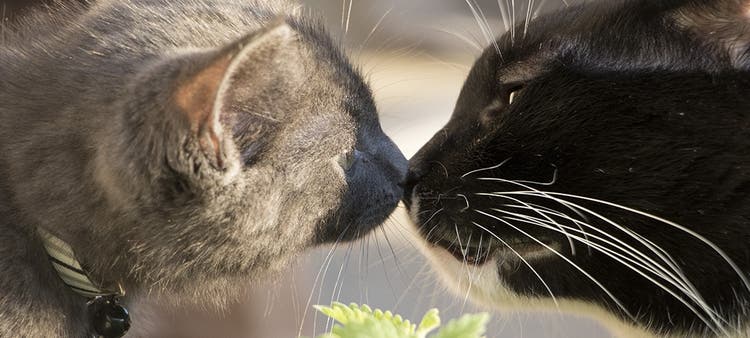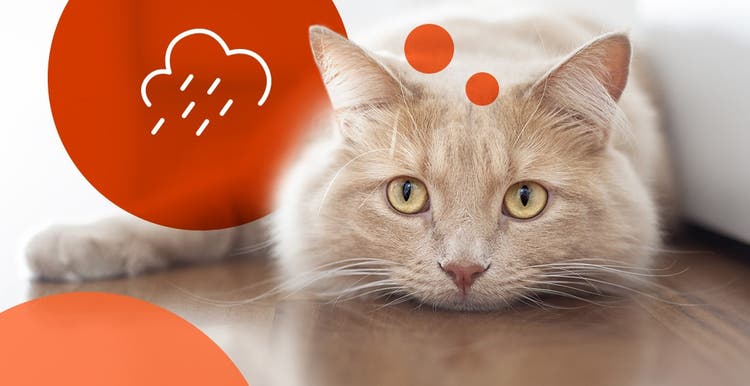Why a senior cat may be right for you.
Every year, tens of thousands of cats enter animal rescues and shelters across the country. Regardless of their age, these cats need a warm, safe and loving home.
This need is greatest for senior cats. Older cats tend to be overlooked at shelters — after all, it’s hard to resist the cuteness of a kitten — and can sometimes linger at shelters for months or years without being adopted.
If you’re thinking about welcoming a cat into your home, consider adopting a senior cat. Rescuing an older cat could be the right option for you and your family. Here are five reasons a senior cat may be the right choice:
- They tend to have a calmer temperament than kittens.
- Their personalities are already apparent, so you know what kind of cat you’re getting.
- They can potentially get along better with cats already in your home.
- They are usually better with kids than kittens or younger cats.
- They are often less expensive to adopt.
1. Older Cats Tend to Be Calmer
Senior cats naturally have less energy than kittens or younger cats and that may be just what you’re looking for in a feline companion. While kittens can be more demanding of your time and attention, waking you up in the middle of the night to play or eat, or generally getting into mischief, an older cat will be content to nap, cuddle and roam your home independently.
2. Senior Cats’ Personalities Have Already Developed
The shelter will be able to tell you whether a senior cat is shy or outgoing, laid-back or more energetic, vocal or quiet. Their observations tend to stick, even after the adoption papers are signed and you bring your new cat home. When you adopt an older cat, you can be confident that what you see at the rescue is what you’ll get once you arrive home, because senior cats’ personalities are already relatively established.
3. Older Cats May Get Along Better with Cats Already in Your Home
In addition to being calmer, older cats are wiser and have more experience. That means they’re less likely to upset or annoy cats you already have in your family. Kittens, with their high energy levels and tendency to play with anything — and any creature — they come in contact with, can sometimes aggravate other pets in the household, causing stress and upsetting the balance of order and routine in your home. Senior cats are usually better socialized around other cats and can more easily settle into a house that already has a cat or two — but be sure to ask the shelter staff how the older cat interacts with the other cats in the shelter, as some simply don’t get along with other cats. Many shelters allow pet owners to bring their resident cat in for an introduction to the adoptable cat before taking them home.
4. Senior Cats May Be Better with Kids
Older cats usually tolerate petting better, are less likely to nip or scratch and are larger — and therefore hardier and sturdier — than kittens. With their fragile bones and small stature, kittens can easily be injured if a child squeezes them too tightly, accidentally steps on them or drops them. Kittens are also teething, meaning that they’re more likely to nip small hands. If your household includes children under the age of five, an older cat may be a better fit for your family.
5. Older Cats Are Often Less Expensive to Adopt
Because senior cats can go unadopted for extended lengths of time, shelters and rescues sometimes reduce the adoption fees of older cats. They may even allow you to adopt them for free to help them find their forever homes.
On top of all these reasons, older rescue cats simply need someone to adopt and love them, just like any other cat. If you take a chance and welcome them into your home, they’ll respond with warmth, love and plenty of purrs.



